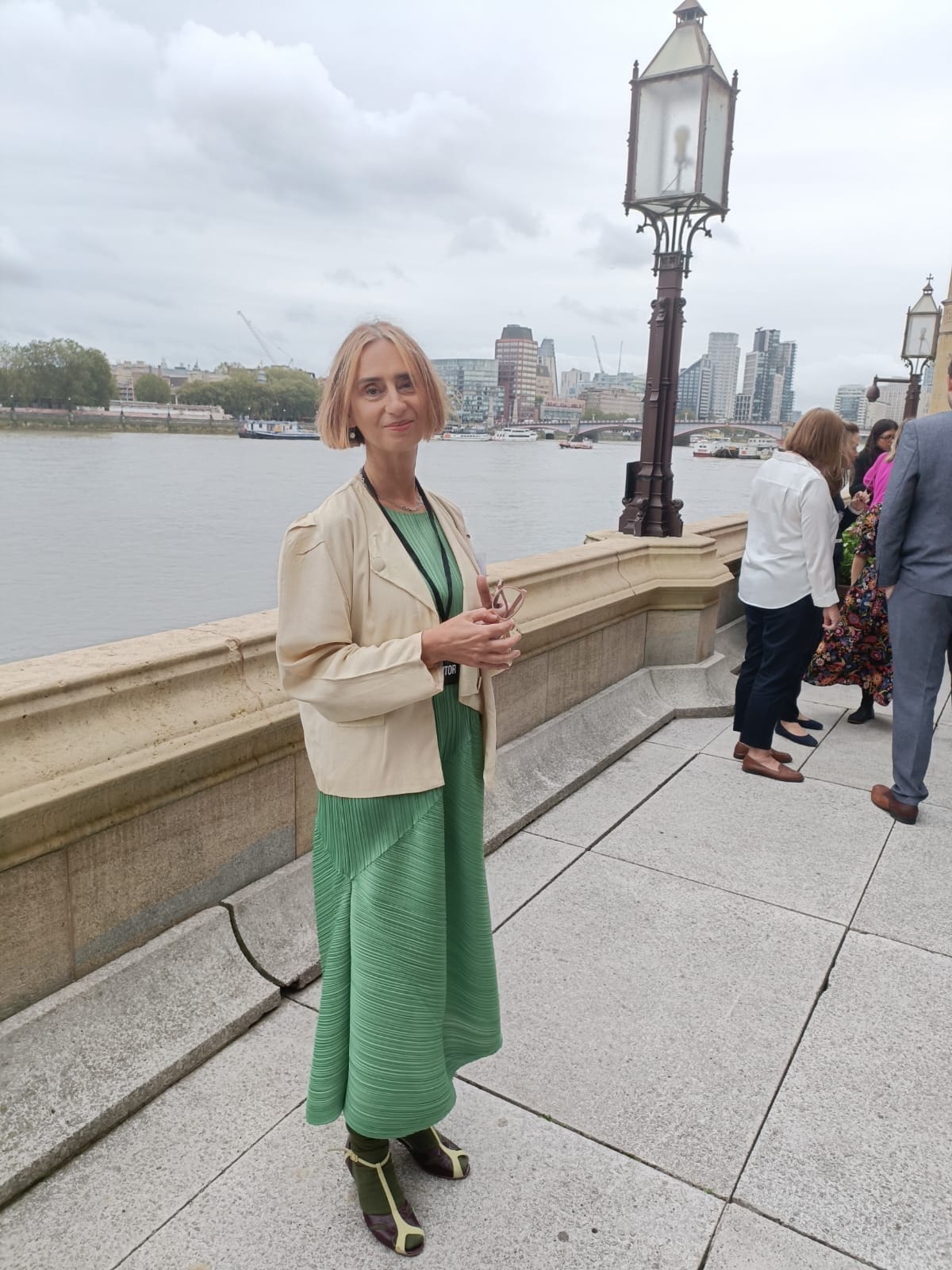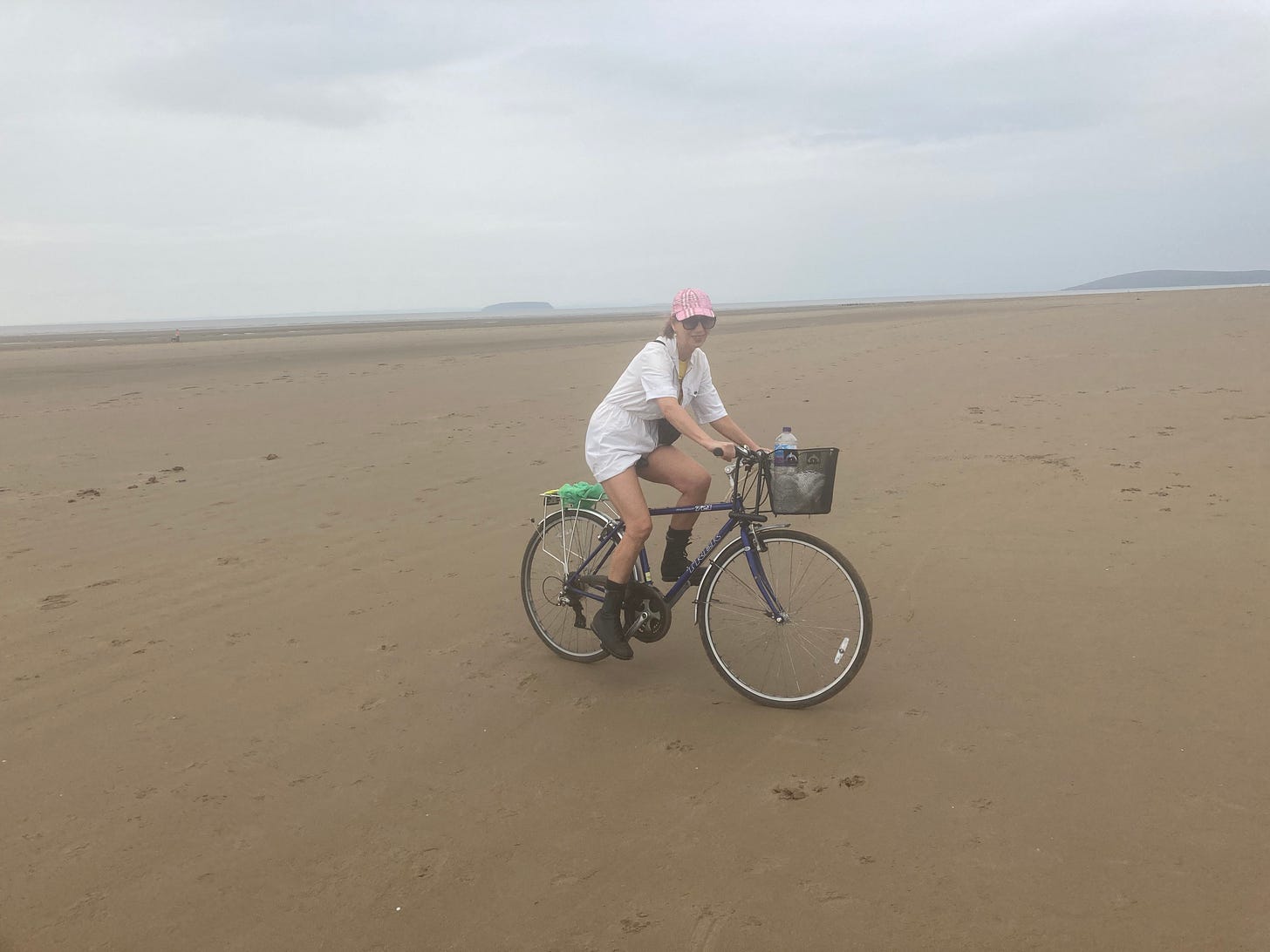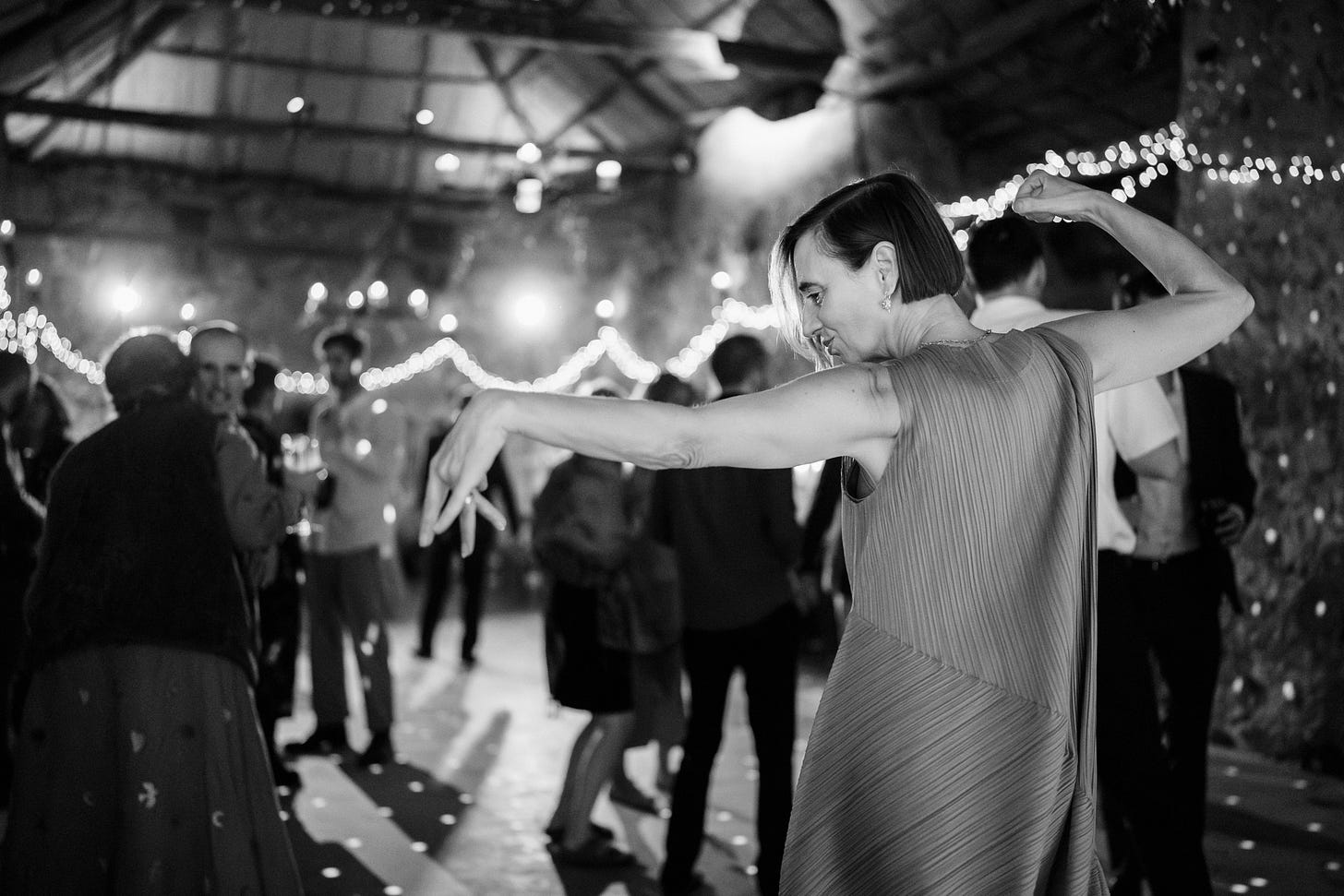Walking with Susannah Marriott, author, editor, teacher
The co-founder of Professional Writing Academy shares her wiggly career route from book editing to writing to teaching.
“I have to move – I get my very best ideas while cycling, swimming, dancing, gardening, cycling. Got a creative problem to solve? Take it for a walk...”
Susannah Marriott is author of 24 books, translated into 17 languages. She’s edited more than 60 titles for authors including BKS Iyengar, Mary Quant, Penelope Leach, Elizabeth Luard and Anna Pavord, and ghostwritten more. Her writing has appeared in The Guardian, The Times, The Telegraph, Daily Record and You, and she’s broadcast on BBC Radio 4. She’s a graduate of UEA.
She co-founded Professional Writing Academy, with Christina Bunce, in 2012, and John Yorke Story in 2016, to make world-class writing education and story training accessible across the globe. Professional Writing Academy clients include Faber Academy, Granta, New Writing North and Jericho Writers. And with John Yorke Story Susannah’s devised narrative training for companies including BBC, Channel 4, Discovery, Disney and many TV, film and video-game production companies.
Susannah also taught narrative non-fiction on the MA Professional Writing at Falmouth University, which is where she and I met. After I graduated, she and Christina invited me to help them at Professional Writing Academy, where I spent several years facilitating online writing courses for Faber Academy, John Yorke Story and more.
Susannah was one of my first writing teachers and her guidance and encouragement set me on the path to becoming a professional writer. She was also an early supporter of The Writer’s Walk, so it makes me very happy to be able to share her story here.
Hi Susannah and welcome to The Writer’s Walk – please tell our readers about yourself
Hi Sarah – so great to be chatting to you. I’m from a post-industrial mining village in Somerset – quite grim! I was desperate to leave to find a tribe of people who shared my creative passions. At that time, I was the lone saddo who had to take her mum to see Derek Jarman films. I failed my A levels, but amazingly ended up at UEA while Malcolm Bradbury was there, and had the privilege of studying with Lorna Sage. From there, I ended up in London for 20 years, living on Murder Mile in pre-gentrification Clapton.
I had three beautiful daughters there, then when I heard Massive Attack for the first time I knew I had to head back west, and fled to Cornwall (where my family are from) to bring up the girls.
After 12 years, and weeks before the pandemic, we moved to Bristol. I missed city life, and love being back in a place where within a 10-minute walk you can buy Brazilian records, bunches of herbs and left-field books.
How did you get into writing?
I started out as a non-fiction book editor, and moved into commissioning, developing lists and new authors for various publishers. When I went freelance after having children, another commissioner said ‘you know how these books work – would you write one yourself?'. Terrifying but still my fave project – Beads of Faith, a collaboration on rosaries and prayer beads with Muslim scholar Gray Henry. I got to work with the brilliantly erudite Rowan Williams.
From there I went on to write my own books on yoga, meditation and well-being, and to ghostwrite for names in the yoga and well-being world. My absolute favourite book moments – sitting in Mary Quant’s office taking down words of wisdom for a book we were working on (I was a bit late as I decided my outfit didn’t work and I had to find the perfect jacket before the meeting – Ann Demeulemeester, still my go-to garment for those kinds of gigs). Another high, sitting in the office of yoga guru BKS Iyengar in Pune as students fell to their knees to kiss his feet while he chuckled away about his book ideas. Total hero. Oh, and dropping Dizzy Gillespie’s horn while working on a jazz book at New Orleans Jazz Museum.
“The joy of working with new writers with such sparky ideas and having the space to develop book ideas – so inspiring!”
What drew you to teaching writing?
Writing was great, but I missed the development side of things – finding a great idea, pairing it with the perfect writer, then moulding things to create something ideal for its readership. After moving to Cornwall and meeting Christina Bunce, who was running the MA in Professional Writing at Falmouth Uni, I ended up teaching non-fiction and editing, and supervising research projects into the publishing industry. The joy of working with new writers with such sparky ideas and having the space to develop book ideas without being knocked back by jaded industry people – so inspiring!
The Professional Writing Academy is a digital learning platform for writers and creatives with community at its heart. How did you and your co-founder Christina Bunce get the idea?
I met Christina on a beach a few weeks into the freelance life in Cornwall. She’s a force of nature so within a few more weeks she’d persuaded me to write modules on non-fiction and editing for the writing masters at Falmouth, and then as if by magic I had an actual fractional job as a Senior Lecturer. Such a privilege.
We could see where academia was heading, and while there was still money in the system spent a couple of years trialing and testing online pedagogy and platforms, and built an amazing online MA – the first fully online writing masters in the world – which launched in 2009. Within months the course was the biggest recruiting writing MA in the world.
Sadly, the university didn’t think there was a future in online learning, so we left and set up on our own as Professional Writing Academy. Our first client was Faber Academy – we devised, set up and ran their online offering for 11 years. We’re now working with Granta on memoir, nature writing, short fiction and long-read journalism courses. We host the flagship Jericho Writers online course and work with New Writing North on a talent pipeline for writers in the north of England. We also run John Yorke Story – teaching narrative skills, based on John’s bestselling book on story, Into The Woods. It’s a constant joy.
Our mission has always been to take world-class writing education to people in places where it’s difficult to access such things (I think about growing up in a place where there were only a few buses out a day, even if you could afford them). And to work with talent that might not otherwise get access – a highlight was setting up a fiction course for writers in Pakistan, with the brilliant Awais Khan.
“Our mission has always been to take world-class writing education to people in places where it’s difficult to access such things – and to work with talent that might not otherwise get access.”
You’re a yoga teacher and sea swimmer, and movement is a key part of your life and wellbeing – not to mention being a world away from your digital work. What role does walking play in your working, writing or creative practice?
I have to move – I get my very best ideas while cycling, swimming, dancing, gardening, cycling. Got a creative problem to solve? Take it for a walk...
From being a London cyclist, after moving to Cornwall I didn't get on my bike for 12 years – country lanes are just too scary. So now in Bristol I'm back on my bike. I love the freedom and the way it wipes out all other thoughts (especially on the city’s many hills).
But yoga is the biggest part of my week. I really don’t feel myself if my yoga life gets interrupted (I guard it fiercely). I returned to Iyengar yoga l (where I started out) when I moved to Bristol and its world-class teachers, and for me the precision and rigour informs every other aspect of my work and creative life. Keeps you absolutely in the moment, focused and switched on yet also switched out of your head and anchored in your body. It’s like nothing else, and the best bit is the older you get, the better you get at it.
How would you describe your walking style?
I would say I’m an urban rambler. After 12 years living in the middle of nowhere (nearest neighbour a couple of donkeys), I’m a bit over country lanes and cliff hikes. Nothing's more thrilling than walking over the common at the end of our road down into a buzzing city.
I know you love all things jazz, but when it comes to walking is it headphones or head in the clouds for you?
Nothing – I need my ears open to the elements to stay tuned in to the world. I’m an aging Dingwalls alum – if you know the jazz-dance world you’ll understand. But if I listen I have to dance, which is a bit tricky while walking.
My top listen (at the moment) would be this collaboration between Gal Costa, Caetano Veloso and Gilberto Gil: Temporada De Verão she kicks everything off and then they head off into increasingly crazy worlds – each tune better than the last – before she reigns it all back in at the end. That would soundtrack a good walk I think. Strangely, it’s not too expensive on Discogs either.
Tell me about the best, weirdest or funniest walk you’ve ever done.
It was on Lundy Island during a storm. We got trapped there for a few days – no boats would do the trip back to the mainland – in a castle on the southern tip of the island. You could actually sit down in the wind it was so fierce, but we were determined to walk, and so four of us hung on to each other in a row to stay upright. We explored every inch of the island that way, very slowly, tied together, over a few days. Totally inside nature.
If you could take a walk with anyone, real or fictional, alive or gone, who would it be? And why?
My three daughters – they all live in London now, so having them with me all together is the best thing in the world. We’d ideally be walking towards Roman ruins or a small town museum filled with wax dummies and lace.
“I need my ears open to the elements to stay tuned in to the world.”
One word round
One word to describe how you feel about walking?
Necessary.One word to describe how you feel about writing?
Agonising.One word to describe how you feel about teaching writing?
Joyous!
Can you share a walking-inspired writing prompt for our readers?
Walk to a bookshop and immerse yourself in actual physical books. Look at their formats and extents, the quality of the paper and the flaps, the choice of image and fonts. Take notes on what inspires you to create – it might be a few lines of prose or the spine of a book or an author photograph or something else that jumps out and speaks to you as you browse.
Thanks for chatting with me, Susannah, and for sharing your walking, dancing, writing and teaching story. I’ve added one of the tracks from Temporada De Verão to The Writer’s Walk Spotify Playlist (sadly, some of the tracks are not on Spotify).
And what a fab writing prompt! There’s nothing better than flipping through the pages of a physical book, so I’m sure our readers will enjoy it.
Happy walking and writing until next time,
Sarah
More from The Writer’s Walk
If you love dancing as much as Susannah, you might enjoy this post, which has a musically themed writing prompt.








Loving the energy in this interview … slightly jealous of Bristol … adore the writing prompt! We were just in Paris last week and found Smith & Son in the Marais, such a treat of physical books and magazines!
Great profile of a brilliant woman!